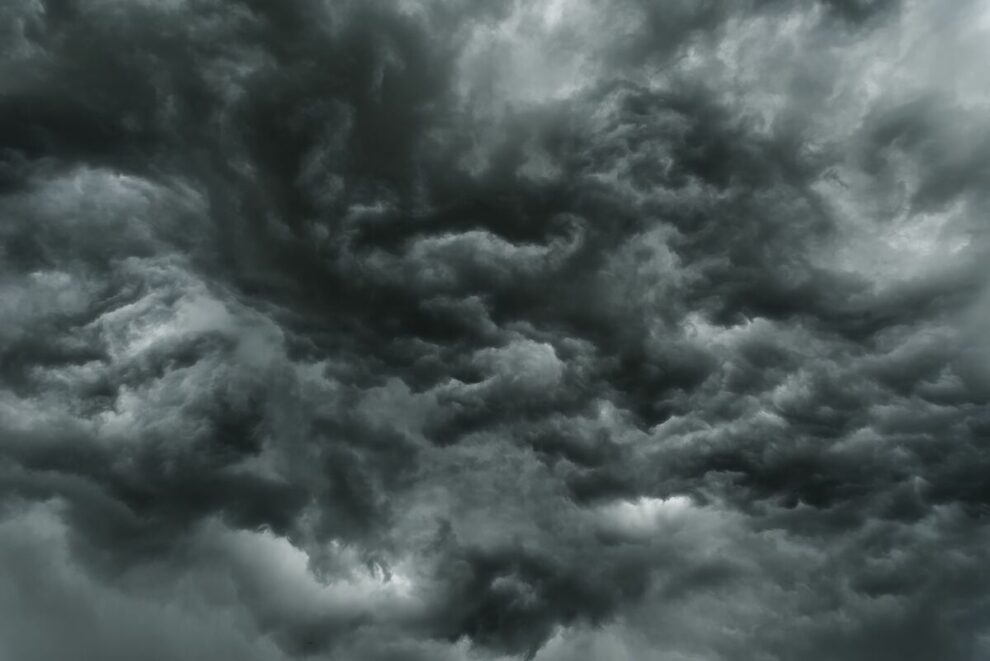With Hurricane Dorian pounding Grand Bahama, those who live in Florida are being advised to brace for the impact, while the rest of us should brace for the hurricane of rhetoric coming our way, namely that a hurricane proves climate change is a crisis. One of the most successful pieces of alarmist misdirection last decade was their creation out of thin air of a causal linkage between hurricanes and greenhouse gases, as if cyclones never used to form over the Atlantic before we started driving cars. Since landfalling hurricanes, while rare, are probable at this time of year, and they are always ferocious and frightening, their arrival presents an irresistible chance for the climate emergency crowd to repeat a rhetorically powerful bit of fearmongering. To which the antidote is obvious and yet rarely stated: the number of hurricanes (including major ones) hitting the US is not increasing, and numbers in the present decade have been well below average.
Here are the historical numbers (see here, p. 15): In the 1980s there were 15 hurricanes per decade, of which 4 were major (Category 3, 4 or 5). In the 90s there were 14, of which 5 were major. And in the 00's, there were 19, of which 7 were major. So far this decade there have been 8, of which 2 were major. If Dorian hits as a major hurricane, that will raise the count to 9 and 3 with one year left in the decade. Which is still below average. If global warming is behind the trend in Atlantic hurricanes, then good for global warming because the trend is down.


